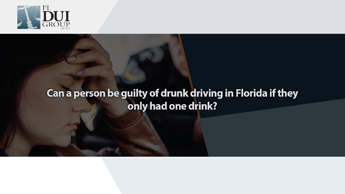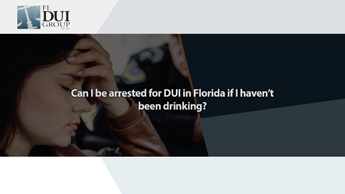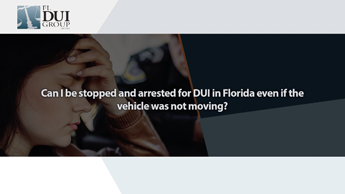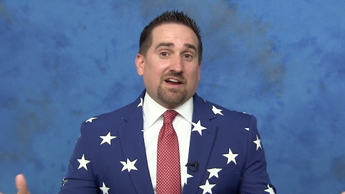Understanding Probable Cause In DUI Cases
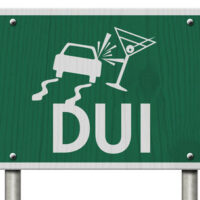
The law makes it clear that every citizen has a right to be unmolested by their government. That means that a government official (ie: a police officer) has no right to detain or arrest you unless they can establish a good reason for doing so. In the case of DUI, the police often use evidence of poor driving as the probable cause. It then turns out that they notice the driver is inebriated. Then they issue an arrest. However, even if you are three sheets to the wind, the police officer has no authority to pull you over unless they have probable cause. Thus, it is a defense to DUI to say that you were not driving recklessly, dangerously, or committing a traffic infraction. In the absence of that proof, the stop was illegal and hence any evidence that was gathered from the stop can be thrown out. This is how the majority of DUI cases are won by defendants.
Failure to maintain a lane
Failure to maintain a lane is often used by police to initiate a stop. However, there is no law saying that you have to drive in between the lines. Further, there is no law stating that you have to drive in the dead center of your lane. It is only when the lane weaving presents a credible threat to other drivers on the road that it becomes a probable cause. Hence, a police officer may only initiate a stop based on lane weaving if the vehicle is placing other vehicles in danger.
Failure to signal while turning
The Florida Supreme Court has ruled that failure to use a signal is only a traffic infraction when other traffic is affected. Hence, a police officer has no probable cause to pull over a driver unless other vehicles in the area are affected by the failure to use a signal.
Your tail light is out
A police officer cannot pull you over for a busted tail light unless both of your taillights are out. If a police officer pulls you over for a broken taillight, then the stop is illegal. Nothing the police officer discovers from the arrest will be admissible.
Wellness checks
Police can use a wellness check as probable cause to detain a suspect. This often happens when folks are found asleep in their vehicle. Police approach, figure the guy was sleeping it off, and arrest him for DUI. Meanwhile, the guy was trying to do the right thing by not driving.
The bottom line
For DUI charges to be valid, the arresting officer must have probable cause to pull over the suspect. When they do not have probable cause, everything that happens during the arrest can be thrown out. Further, the officer needs probable cause to demand field sobriety tests or breathalyzer tests. If there is no probable cause, then there is no case.
Talk to an Orlando DUI Attorney Today
The Florida DUI defense attorneys at the FL DUI Group can help you get your DUI charges dismissed. Call today to schedule an appointment and we’ll discuss what you should do next.



